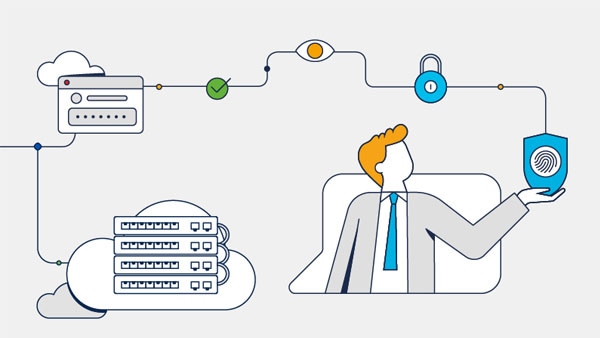“Explore the essentials of cyber security in our comprehensive overview. Understand what cyber security is, its importance, and key strategies for protecting your digital assets.”
In today’s digital age, understanding cyber security is crucial for protecting personal and organizational data from various threats. This comprehensive overview will explore what cyber security is, its fundamental concepts, and why it is essential in safeguarding digital assets.
What Is Cyber Security?
Cyber security involves practices, technologies, and processes designed to protect networks, computers, and data from unauthorized access, attacks, or damage. It encompasses a wide range of measures aimed at maintaining the confidentiality, integrity, and availability of information.
Example: Cyber security includes everything from firewalls and antivirus software to advanced encryption techniques.

Importance of Cyber Security
Cyber security is critical because it helps prevent data breaches, identity theft, and other malicious activities that can have severe consequences for individuals and businesses. Effective cyber security protects sensitive information, ensures business continuity, and maintains trust with clients and stakeholders.
Statistic: According to a 2023 report, the global cost of cyber crime is projected to reach $8 trillion annually by 2025.
Cyber Security Basics
Understanding the basics of cyber security is the first step toward creating a robust defense strategy. Key concepts include:
- Confidentiality: Ensuring that information is only accessible to authorized individuals.
- Integrity: Maintaining the accuracy and completeness of data.
- Availability: Ensuring that information and resources are accessible to authorized users when needed.
Quote: “Cyber security is not a one-time effort but an ongoing process that evolves with emerging threats.” – Cyber Security Expert
Cyber Security Threats
Cyber threats are constantly evolving, making it essential to stay informed about potential risks. Common threats include:
- Phishing Attacks: Fraudulent attempts to obtain sensitive information through deceptive emails or websites.
- Malware: Malicious software designed to damage or disrupt systems.
- Ransomware: A type of malware that encrypts data and demands a ransom for its release.
Example: In 2022, over 90% of organizations experienced phishing attempts.
Cyber Security Strategies
Implementing effective cyber security strategies helps mitigate risks and enhance protection. Key strategies include:
- Regular Software Updates: Keeping systems up-to-date to fix vulnerabilities.
- Strong Password Policies: Using complex passwords and changing them regularly.
- Employee Training: Educating staff about cyber security best practices and recognizing threats.
Statistic: Organizations with comprehensive security training programs experience 50% fewer security incidents.

Cyber Security Practices
Adopting best practices ensures a strong security posture. Essential practices include:
- Encryption: Protecting data by converting it into a secure format.
- Access Controls: Restricting access to sensitive information based on user roles.
- Backup and Recovery: Regularly backing up data to recover from potential breaches or loss.
Quote: “The best defense against cyber threats is a proactive approach that includes regular backups and employee education.” – IT Security Professional
Cyber Security Concepts
Familiarizing yourself with key cyber security concepts can help you understand how to protect your digital environment. Concepts include:
- Firewalls: Systems that monitor and control incoming and outgoing network traffic.
- Intrusion Detection Systems (IDS): Tools that detect and alert on suspicious activities.
- Multi-Factor Authentication (MFA): A security process that requires multiple forms of verification.
Example: Implementing MFA can significantly reduce the risk of unauthorized access to accounts.

Overview of Cyber Security
In summary, cyber security is a vital aspect of modern life, protecting against a wide range of threats and ensuring the safety of digital assets. By understanding its fundamentals, recognizing threats, and applying best practices, individuals and organizations can safeguard their information and maintain a secure digital environment.
